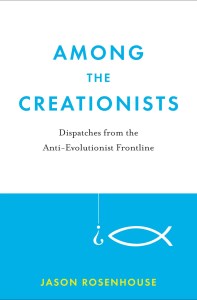Samuel T. Grover (a student at Boston University School of Law) has posted Religious Conscience Exemptions to the PPACA Health Insurance Mandate. The abstract follows.—YAH
Within the Patient Protection and Affordable Care Act (“PPACA” of the “Act”), the individual health insurance mandate (“individual mandate”) – the provision which dictates that in 2014 and beyond all citizens must either have a form of health insurance or pay a tax penalty – has already been subjected to a number of constitutional challenges. The 3rd, 4th, 6th, and 11th Circuits have all heard challenges brought on similar grounds, with largely inconsistent results. While the focus of much of this litigation has centered around whether the individual mandate is a constitutional extension of Congress’s taxing power, this paper sets aside the Commerce Clause question that has demanded so much attention from the courts and asks instead whether the two religious exemptions written into the PPACA have struck an appropriate balance between the Constitution’s Religion Clauses. The paper argues that as currently drafted, the “religious conscience exemption” to the PPACA’s individual mandate threatens the efficacy of the Act and potentially exposes it to legal challenges on Free Exercise and Establishment Clause grounds.
This paper begins by analyzing the history behind the first of two religious exemptions written into the individual mandate, the religious conscience exemption, which allows certain religious individuals to avoid the individual mandate’s tax penalty without acquiring health insurance. The language of the exemption was taken directly from an existing religious conscience exemption to Social Security, designed to apply narrowly to the Old Order Amish. Because the purposes and goals of the PPACA differ from those of Social Security, this paper argues that it was unwise to write this same religious exemption into the PPACA. Read more


